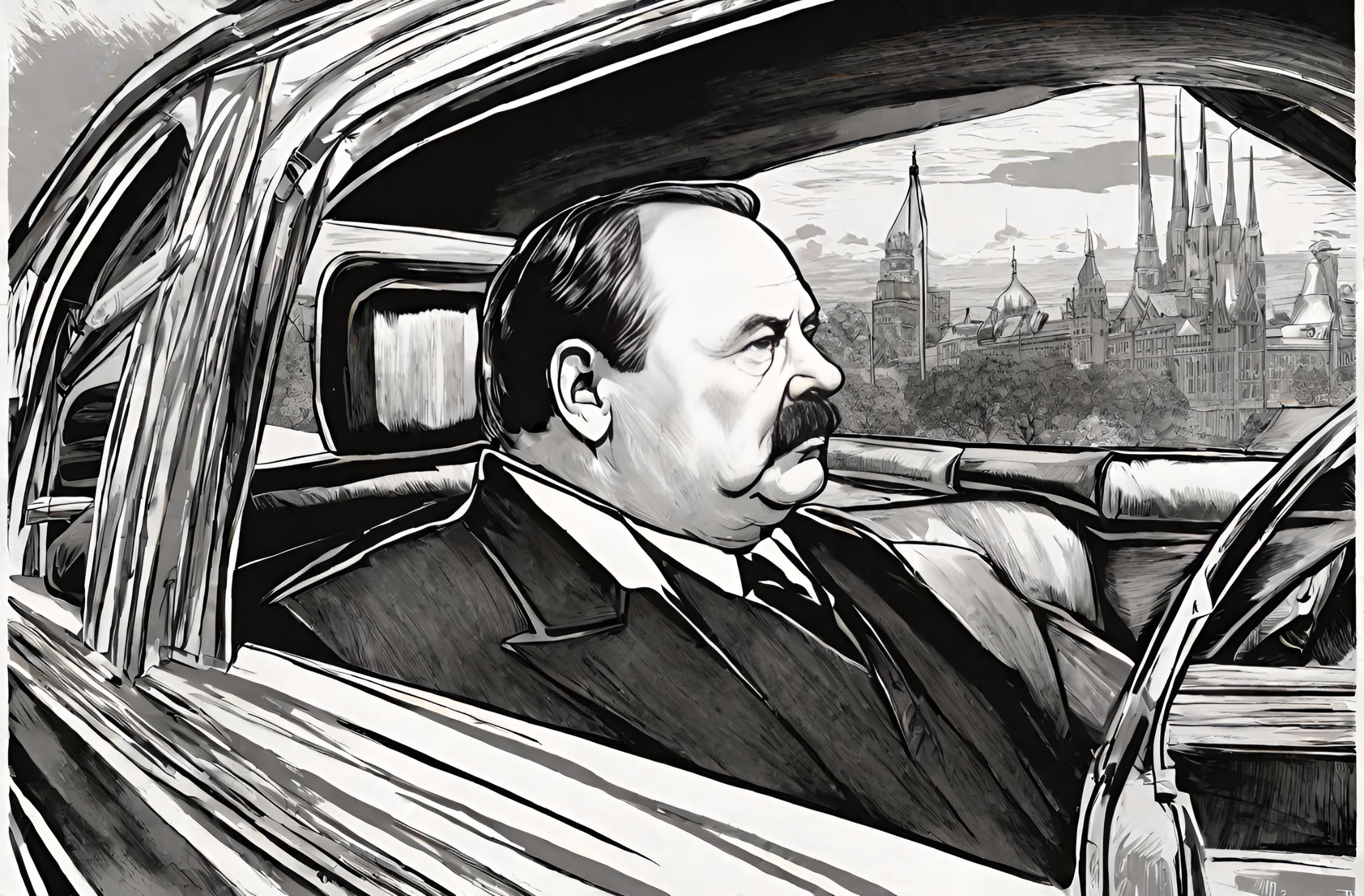Flashback to July 12
American History

On June 24, 1908, the United States mourned the death of Grover Cleveland, who served as the 22nd and 24th President of the country. Cleveland passed away in Princeton, New Jersey, at the age of 71. His death marked the end of a remarkable political career that left a lasting impact on the nation.
Grover Cleveland, born on March 18, 1837, in Caldwell, New Jersey, rose to prominence as a lawyer before entering politics. He served as the Mayor of Buffalo and the Governor of New York before becoming the President of the United States. Cleveland was known for his strong principles and opposition to corruption, making him a highly respected figure in the political landscape.
During his first term as President, from 1885 to 1889, Cleveland focused on fiscal reform. He advocated for lower tariffs and vetoed numerous spending bills to reduce the federal deficit. His commitment to financial responsibility earned him the nickname “Grover the Good” among his supporters.
After losing the presidential election in 1888, Cleveland returned to politics four years later and won another term as President, making him the only President to serve non-consecutive terms. During his second term, from 1893 to 1897, Cleveland faced substantial challenges, including a severe economic depression known as the Panic of 1893. He responded with various economic and social reforms, aiming to alleviate the suffering of the American people.
One significant accomplishment of Cleveland’s presidency was his successful advocacy for the Interstate Commerce Act of 1887. This legislation aimed to regulate railroad rates and prevent discrimination against small businesses and farmers. It was a crucial step towards ensuring fair competition and protecting the rights of all citizens.
Additionally, Cleveland championed civil service reform, which aimed to eliminate political patronage and establish a merit-based system for government positions. He understood the importance of an efficient and unbiased bureaucracy in serving the people effectively.
Despite his accomplishments, Cleveland faced criticism and controversy during his time in office. One of the most notable controversies involved his handling of the Pullman Strike in 1894. The strike, led by the American Railway Union, resulted in violence and disruptions to the national transportation network. Cleveland’s decision to send in federal troops to suppress the strike was met with mixed reactions, with some praising his commitment to maintaining order while others criticized him for using military force against workers.
After leaving the presidency, Cleveland retired to Princeton, New Jersey, where he lived until his death. Despite stepping away from politics, he remained an influential figure, providing counsel and advice to subsequent presidents. He continued to advocate for causes he believed in, such as tariff reform and international peace.
Grover Cleveland’s death on June 24, 1908, marked the end of an era in American politics. His legacy continues to inspire and guide future leaders, reminding them of the importance of integrity, fiscal responsibility, and service to the nation. As the only President to serve non-consecutive terms, Cleveland’s impact on the United States remains significant, and his memory will forever be etched in the history of the country.
We strive for accuracy. If you see something that doesn't look right, click here to contact us!
Sponsored Content

Thunder Horse, the largest…
The largest semi-submersible oil…

Medal of Honor authorized…
On July 12, 1862,…

First ocean pier in…
On 7/12/1882, history was…

Checker Motors Corporation ceases…
On July 12, 1982,…

War of 1812: The…
On July 12, 1812,…

American president Bill Clinton…
On July 12, 1994,…

